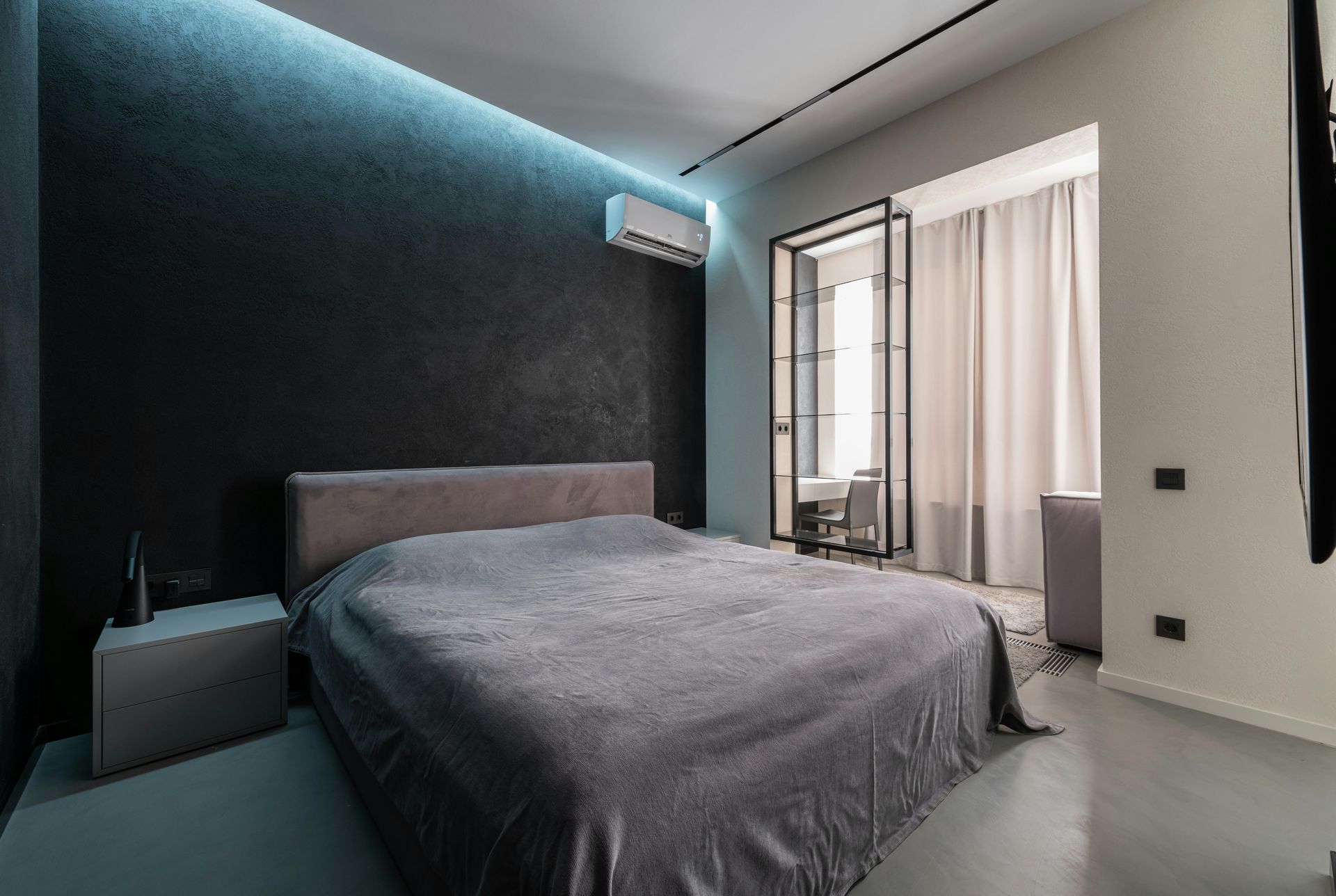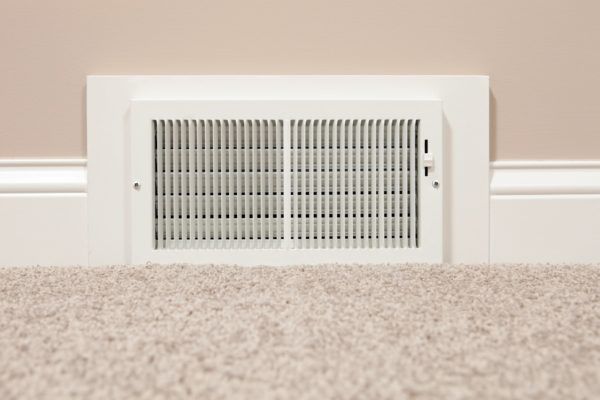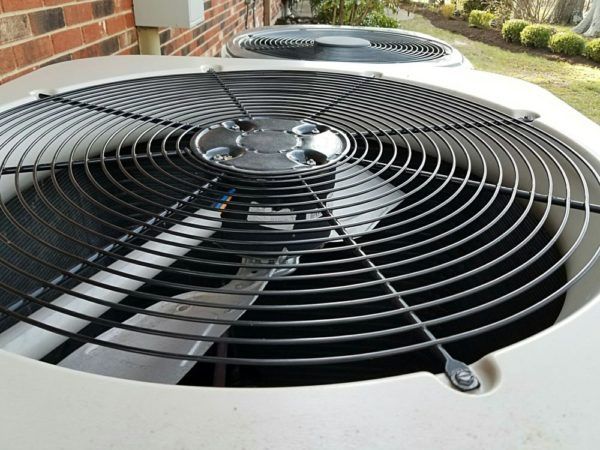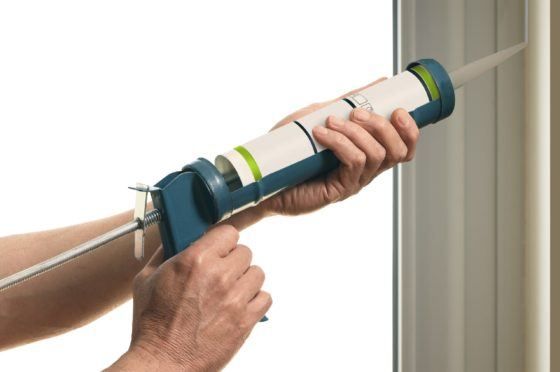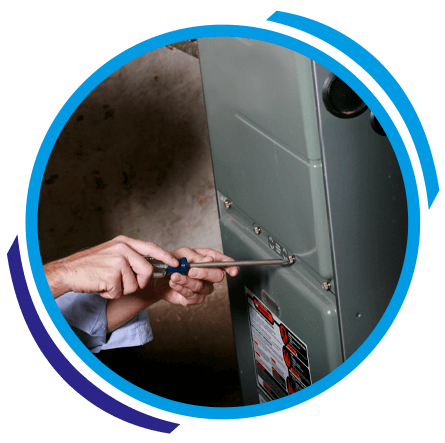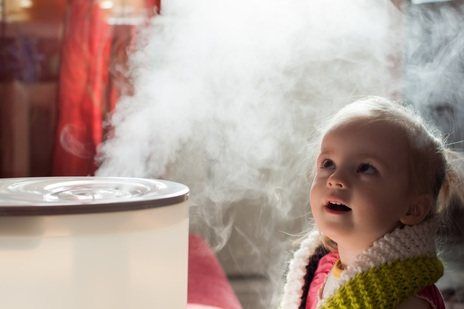The Importance of Maintaining Humidity Levels for Optimal Indoor Air Quality
As homeowners, we often focus on keeping our houses clean and free from pollutants to maintain a healthy living environment. But, there's one crucial factor that often gets overlooked when it comes to indoor air quality - humidity. The amount of moisture in the air can have a significant impact on the air we breathe and our overall health. In this blog post, we will delve deeper into the role of humidity in indoor air quality and provide tips on how to maintain optimal levels for a healthier home.
What is Humidity and How Does It Affect Indoor Air Quality?
Humidity measures the percentage of water vapor in an atmosphere. It is an essential part of our environment as it helps regulate our body temperature and is crucial for plant and animal life. However, the effects of humidity on the air quality in our homes can be significant. When the air becomes too dry or excessively moist, it can create an unhealthy living environment.
- Dry Air - Low humidity levels can cause dry skin, irritated eyes, and respiratory issues as the lack of moisture in the air dries out the mucous membranes in our bodies, making us more vulnerable to illnesses.
- Excess Moisture - On the other end of the spectrum, high humidity levels can promote the growth of mold, bacteria, and dust mites, which can trigger allergies and respiratory problems.
- Ideal Humidity Levels - According to the Environmental Protection Agency (EPA), the optimal range for indoor humidity is between 30 to 50 percent. Maintaining these levels can help prevent the growth of harmful pollutants and create a comfortable living space.
The Effects of Humidity Imbalance on Health and Comfort
The ideal humidity levels play a significant role in promoting overall health and comfort. When the air is too dry or too moist, it can lead to various health issues, including:
- Respiratory Problems - As mentioned earlier, low humidity levels can cause dryness in our respiratory system, making it easier for viruses and bacteria to enter our bodies. This can increase the risk of developing respiratory illnesses, such as colds, flu, and allergies.
- Skin and Eye Irritation - Dry air can also cause skin irritation and exacerbate existing skin conditions. It can also lead to dry and itchy eyes, making it uncomfortable to work or relax in your home.
- Asthma and Allergies - High humidity levels can trigger asthma and allergies as it creates the perfect breeding ground for mold, dust mites, and other allergens.
- Discomfort - Excessive moisture can make the air feel thick and heavy, making it uncomfortable to breathe. It can also lead to sweats and clamminess, making it difficult to sleep or concentrate.
Tips on Maintaining Optimal Humidity Levels
Now that we understand the impact of humidity on indoor air quality, it's essential to know how to maintain optimal levels in our homes. Here are some tips from the experts at Xtreme Air, Inc.
- Invest in a Hygrometer - This device measures the moisture levels in the air and can help you determine if the humidity levels in your home are within the optimal range.
- Use a Humidifier - If the air is too dry, a humidifier can help add moisture to the air and improve breathing conditions.
- Utilize Dehumidifiers - To reduce the amount of moisture in the air, especially in areas prone to high humidity, such as bathrooms and basements, a dehumidifier can be helpful.
- Ventilate Your Home - Proper air ventilation is essential for maintaining healthy humidity levels. Make sure to open your windows and use exhaust fans in the kitchen and bathroom to provide proper ventilation.
- Seal Leaks and Cracks - Check for any leaks or cracks in your walls, roof, or windows, as they can let in excessive moisture or dry out the air.
- Regular HVAC Maintenance - Your heating, ventilation, and air conditioning (HVAC) system plays a crucial role in regulating humidity levels in your home. Make sure to schedule regular maintenance to ensure it is functioning correctly and effectively dehumidifying or humidifying as needed.
How HVAC Systems Regulate Humidity
Your HVAC system is responsible for regulating the temperature and overall air quality in your home. Therefore, it is essential to ensure it is functioning correctly to maintain optimal humidity levels. Here's how your HVAC system can play a role in humidity control:
- Proper Sizing - It's crucial to have the right-sized HVAC system for your home. If your system is too small, it may struggle to maintain cool temperatures and remove excess moisture from the air. If it's too big, it may cool the house too quickly, leaving too much humidity behind.
- Evaporator Coils - The evaporator coils in your HVAC system play a crucial role in dehumidifying the air. These coils remove moisture from the air as it passes through, making it easier for your system to regulate humidity levels.
- Air Filters - Dirty air filters can clog your system, hindering its ability to dehumidify the air effectively. Make sure to change your air filters regularly to prevent humidity imbalance.
- Maintenance - Regular maintenance is essential for the proper functioning of your HVAC system. Make sure to schedule annual tune-ups to ensure your system is working correctly and efficiently regulating humidity levels.
Contact the Experts at Xtreme Air, Inc. for Professional HVAC Services in Phoenix, AZ
Maintaining optimal humidity levels is essential for promoting a healthy living environment. At Xtreme Air, Inc., we understand the importance of proper humidity control and offer a wide range of HVAC services to help you maintain optimal indoor air quality. Contact our team at (602) 296-4932 for professional AC repair, installation and maintenance, heating repair, installation and maintenance, and indoor air quality in Phoenix, AZ, and the surrounding areas. We pride ourselves on providing top-quality service to keep your home comfortable and healthy.


